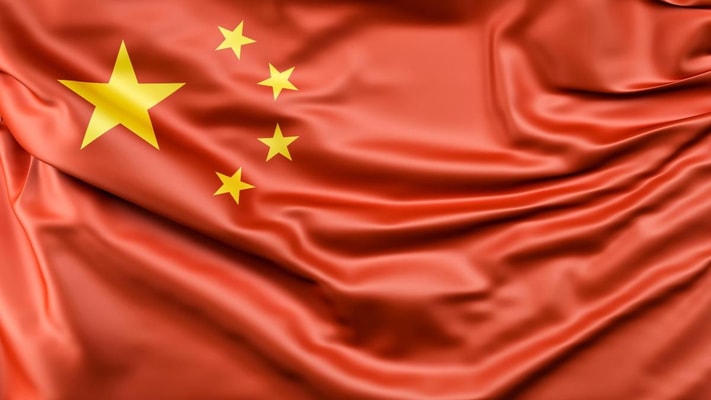Wise alternatives in China for the priorities of its government

8 NOV, 2022

China is leading the most remarkable economic transformation in history. It has doubled its GDP per capita every eight years since joining the World Trade Organization in 2001, tripled R+D and become a world leader in environmental technology, artificial intelligence and 5G. It is even possible that it will become the largest economy in the world by the end of this decade. None of this would have been possible without economic reforms. Indeed, investment in China has been based in part on the belief that its market-oriented technocrats would exert lasting influence on the communist regime, making it a rich hunting ground for international investors.
However, recent events suggest restoring expectations. We did not foresee that President Xi Jinping will assume almost total control of government policy at the Communist Party Congress last October, with a historic third presidential term, which has confused even most experienced observers. It erodes the checks and balances of the Politburo Standing Committee, part of China's policy for past 20 years. It points to a future in which "common prosperity," led by Xi, eclipses the pursuit of growth in the private sector. Xi's renewed emphasis on reducing social inequality and controlling excessive wealth is bound to be at odds with China's business elite, as any company with return on equity of more than 15 % is likely to attract scrutiny from regulators.
Thus, an increasingly centralized and less transparent management of the economy can make China's financial markets too volatile, regardless of returns expectations. So investors face divestment as a tempting option. Indeed, the likely persistence of policies that have held growth (zero Covid, regulatory measures against large, highly profitable companies and oversight of the beleaguered real estate market) are not a recipe for investment success in China.
But there is a wiser alternative to leaving China. It's about aligning with the government's long-term priorities. It is our position, not least because China is too big and too entrenched in the global economy and financial system to be ignored. In practice, it involves allocating capital to companies in industries that Beijing considers strategic. Chief among them is the clean energy sector, which remains a development priority for the government. Analysts expect profit growth in renewables companies in China to outpace f most other companies by a wide margin in coming years. Indeed, Xi has used the Communist Party Congress to reiterate the commitment to net zero greenhouse gas emissions by 2060. Another industry with good potential is healthcare, where China rapidly develops competitive advantages. Its universities produce 4.7 million engineers each year, a great advantage for development of complex technologies, as biotechnology, life sciences and robotic surgery. Add to this that, if the government succeeds in its goal of rebalancing the economy from exports to domestic consumption, it may be especially fertile for consumer companies.
However, we must not lose sight of the fact that the change in priorities and approach of the government can cause Chinese stocks and bonds to incorporate a higher political risk premium, at least in the short term and possibly in the long term. To complicate matters, reliable data is scarce. Under Xi, China has reduced the number of publicly available economic statistics by three-quarters. So deep understanding of Chinese politics is a formidable task for those who lack resources on the ground.
In any case, China cannot meet its goals without foreign capital. Its growing fiscal deficit -currently one trillion dollars- and high industrial ambitions, are powerful incentives to keep international investment flowing. So foreign investors will continue to keep an eye out on new opportunities, with Chinese stocks, bonds and currencies being a key structural element of any global investment portfolio.


